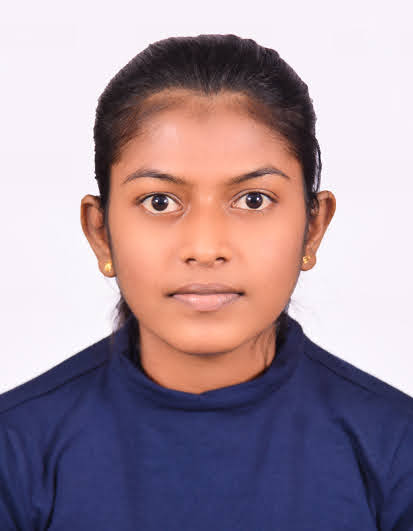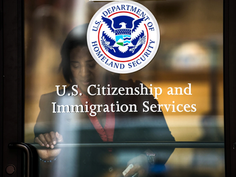Reality TV Hopefuls Seemingly Unreal
- Thanuja Jayani
- Jul 25, 2024
- 2 min read
By T. Jayani, JadeTimes News

Valerie Penso Cuculich, a casting director for reality TV shows like Love Island USA, The Real Housewives of Dubai, and The Millionaire Matchmaker, highlights the challenges AI presents in her work. AI generated photos on social media complicate her initial assessment of potential contestants, leading to unrealistic, over filtered images. This discrepancy becomes evident during Zoom auditions when applicants look different from their photos. Despite these challenges, AI has also expedited the transcription of interview footage, allowing her to search for specific soundbites efficiently.
John Delaney, a partner at Perkins Coie, discusses the growing legal and regulatory issues related to AI in reality TV. He notes that AI can be used for various production aspects, including editing episodes and predicting audience reactions. However, the new Writers Guild of America agreement restricts AI use in reality TV, and producers must navigate these limitations. Delaney also highlights the issue of unauthorized, AI generated content, such as deepfakes, which can manipulate reality TV footage or create new content featuring reality TV stars.
The case of Kyland Young, a former contestant on Big Brother and The Challenge, suing the AI powered app Reface for unauthorized use of his likeness, underscores the legal complexities surrounding AI generated content. Mandy Stadmiller, who writes about thriving in the creator economy with AI, emphasizes the importance of this lawsuit in protecting reality stars' rights. She also points out the ethical dilemmas of using AI as a plot tool in shows, such as Netflix's Deep Fake Love, which used deepfake technology to deceive contestants about their partners' fidelity.
Despite the potential for AI to cause psychological harm, Stadmiller notes the distinction between "good" and "bad" deepfakes. Good deepfakes, she says, can be beneficial, such as translating a reality star's voice into another language, helping bridge communication gaps. The latest season of Big Brother USA features an AI participant, reflecting the public's growing interest and concern about AI.
Jill Zarin, a former star of The Real Housewives of New York City, has embraced AI by creating a digital twin through the AI cloning website Delphi. This digital twin can interact with fans, answer questions, and even monetize responses through advertisements and links to retail sites. Delphi CEO Dara Ladjevardian explains that digital clones can help celebrities manage their interactions with fans and media more efficiently.
Conversely, veteran producer Alex Baskin, known for The Real Housewives of Beverly Hills and The Real Housewives of Orange County, remains skeptical about AI's role in reality TV. He believes that reality TV's strength lies in capturing genuine human experiences, which cannot be replicated by algorithms. Baskin asserts that the unique qualities of human beings, both in front of and behind the camera, will continue to drive reality TV.












































Comments